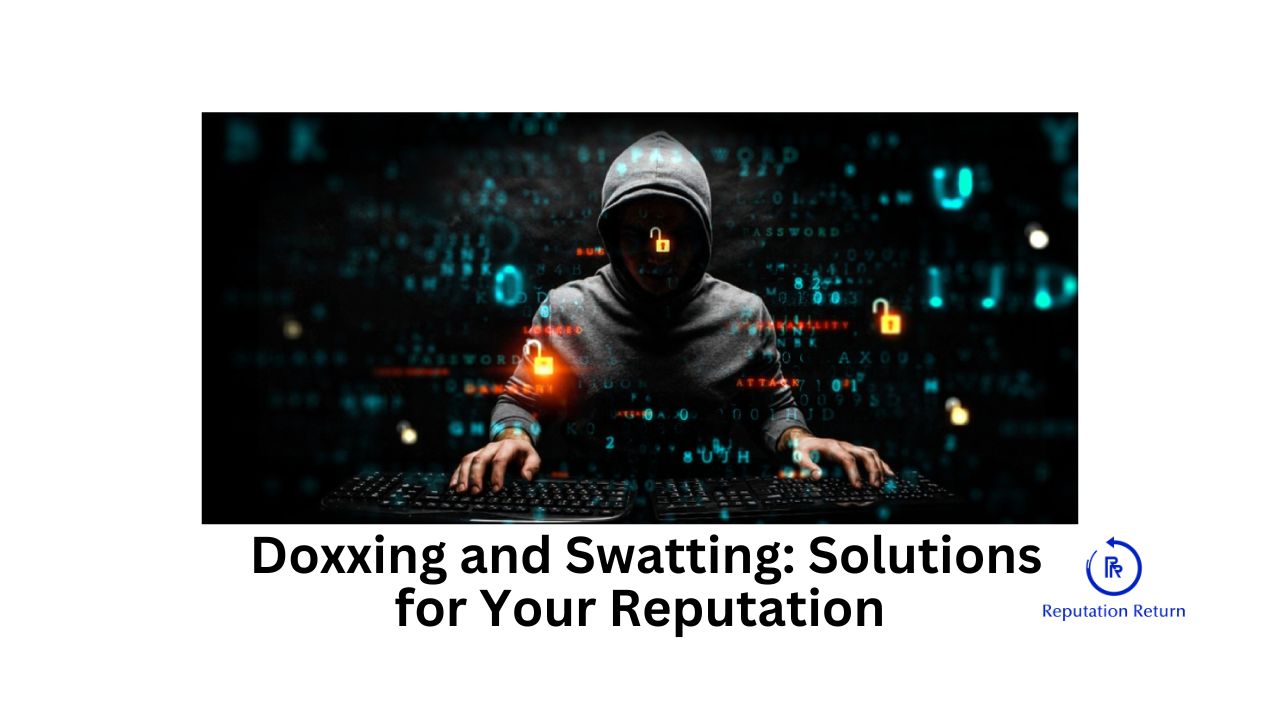The internet can be a double-edged sword. While it offers unprecedented access to information and communication, it also provides a platform for malicious activities such as doxxing and swatting. These forms of harassment and bullying have evolved in tandem with technology, becoming increasingly common and harmful. This article delves into the nature of doxxing and swatting, their impacts, and how individuals can protect themselves and recover from these attacks.
What is Doxxing?
Doxxing involves the malicious act of publicly revealing private, sensitive, or personally identifiable information about an individual without their consent. This information can include home addresses, phone numbers, social security numbers, email addresses, workplace details, and family members’ identities. The goal of doxxing is often to harass, intimidate, or cause harm to the victim.
What is Swatting?
Swatting refers to the dangerous prank of making a false report to emergency services, typically about a serious situation such as a hostage crisis or active shooter. The aim is to provoke a large law enforcement response, often involving a SWAT team, to the victim’s address. Swatting not only puts the victim at risk of physical harm but also wastes valuable emergency resources.
The Evolution of Terms
Both “doxxing” and “swatting” are examples of nouns being turned into verbs, a common linguistic process. The term “doxxing” is derived from “documents,” abbreviated as “docs,” and was initially spelled “doxing” before the double “x” became the preferred form through common usage and media coverage. Similarly, “swatting” originates from the acronym “SWAT” (Special Weapons and Tactics), evolving into a verb to describe the act of initiating a SWAT team response through false reports.
The Impacts of Doxxing and Swatting
Financial Harm
-
- Identity Theft and Fraud: Exposed personal information can be exploited for identity theft, leading to unauthorized financial activities and severe financial damage.
-
- Employment Risks: Victims may face job loss or difficulties in finding employment due to the spread of false or harmful information.
Emotional and Mental Harm
-
- Psychological Stress: Victims of swatting or doxxing experience fear, anxiety, and constant worry about their safety.
-
- Social Isolation: Harassment can lead to social withdrawal and isolation, further exacerbating emotional distress.
Physical Risks
-
- Swatting: The risk of physical harm during a SWAT response is significant, as law enforcement may act on the belief that a serious threat exists.
-
- Stalking and Violence: Information exposed through doxxing can be used by stalkers or individuals with malicious intent, posing physical threats to victims.
Legal Protections and Remedies
United States
-
- Federal Laws: While there is no specific federal law against doxxing, acts can be prosecuted under statutes such as the Computer Fraud and Abuse Act (CFAA) and the Interstate Communications Act.
-
- State Laws: States like California and Texas have specific laws against doxxing and related activities, while other states prosecute under broader harassment and stalking statutes.
International Laws
-
- United Kingdom: The Data Protection Act and Malicious Communications Act protect against unauthorized sharing of personal data and harassment.
-
- Germany: Stringent privacy laws under the GDPR and anti-harassment laws address doxxing activities.
-
- South Korea and Japan: Both countries have specific laws against cyber harassment and unauthorized sharing of personal information.
Protecting Yourself from Doxxing and Swatting
-
- Strengthen Privacy Settings: Adjust privacy settings on social media and other online platforms to limit who can access your personal information.
-
- Use Strong Cybersecurity Measures: Implement robust passwords, enable two-factor authentication, and use VPNs to protect your online activities.
-
- Report and Document: Report incidents to platform administrators and law enforcement. Document all instances of harassment for potential legal action.
-
- Legal Action: Seek legal advice and consider pursuing legal remedies such as cease and desist orders, restraining orders, and civil lawsuits.
Rebuilding Your Image and Reputation
The aftermath of doxxing and swatting can be devastating, but recovery is possible with the right strategies. Implementing a comprehensive online reputation management campaign can help mitigate the damage and restore your reputation.
-
- Continuous Monitoring: Regularly monitor online mentions of your name or brand to detect and address harmful content promptly.
-
- Content Removal: Work with professionals to remove defamatory content and suppress negative information.
-
- Positive Content Promotion: Create and promote positive content to overshadow negative information. This can include publishing favorable articles, blogs, and social media posts.
-
- Search Engine Optimization (SEO): Use SEO techniques to ensure positive content ranks higher in search results, pushing down negative content.
-
- Legal Assistance: Access legal experts to advise on pursuing legal action against perpetrators and seeking compensation for damages.
Doxxing and swatting are serious forms of harassment with severe financial, emotional, and physical impacts. Understanding the nature of these attacks, the legal protections available, and how to protect yourself is crucial. If you have been a victim of doxxing, swatting, or other forms of online harassment, it is essential to take proactive steps to rebuild your image, brand, and reputation. Hiring a leading online reputation management company like Reputation Return can provide the expertise and tools needed to restore your reputation and protect your future.

